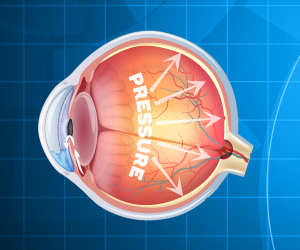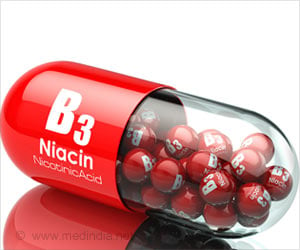Vitamin B3 or nicotinamide riboside supplements may increase the risk of serious illness, including developing cancer.
- Dietary supplement nicotinamide riboside (NR), a form of vitamin B3, has been linked with an increased risk of triple-negative breast cancer
- Nicotinamide riboside helps to increase levels of cellular energy. Cancer cells feed off that energy resulting in the growth and spread of cancer
Vitamin B3 Increases Risk of Breast Cancer
High levels of nicotinamide riboside were found to not only increase the risk of developing triple-negative breast cancer but also to increase the likelihood that cancer will metastasize or spread to the brain, according to the findings of an international team of researchers led by Elena Goun, an associate professor of chemistry at MU. According to Goun, the study's corresponding author, if cancer spreads to the brain, no effective therapeutic choices are available.How Does Nicotinamide Riboside Contribute to the Growth of Cancer
Goun was inspired by her father’s death to work toward a better scientific understanding of cancer metabolism, or the energy through which cancer spreads in the body after her 59-year-old father passed away only three months after being diagnosed with colon cancer. Goun wanted to investigate nicotinamide riboside’s role in the growth and spread of cancer because NR is a known supplement for helping to increase levels of cellular energy, and cancer cells feed off of that energy with their increased metabolism.“Our work is especially important given the wide commercial availability and a large number of ongoing human clinical trials where NR is used to mitigate the side effects of cancer therapy in patients,” Goun said.
The researchers compared and examined the levels of nicotinamide riboside in cancer cells, T cells, and healthy tissues using this technology.
“While NR is already being widely used in people and is being investigated in so many ongoing clinical trials for additional applications, much of how NR works is a black box- it’s not understood,” Goun said. “So that inspired us to come up with this novel imaging technique based on ultrasensitive bioluminescent imaging that allows quantification of nicotinamide riboside levels in real-time in a non-invasive manner. The presence of NR is shown with light, and the brighter the light is, the more NR is present.”
“Not all cancers are the same in every person, especially from the standpoint of metabolic signatures,” Goun said. “Often cancers can even change their metabolism before or after chemotherapy.”
















